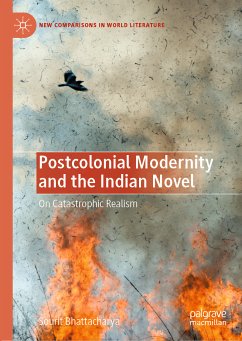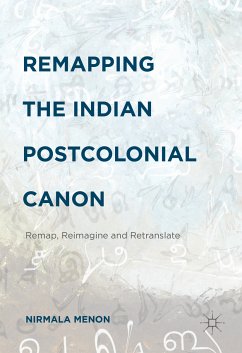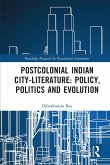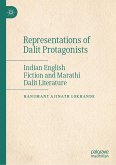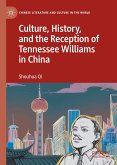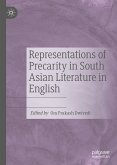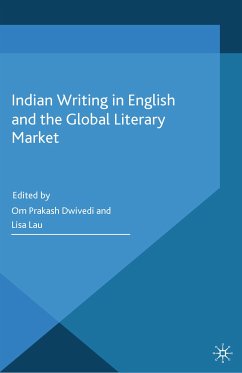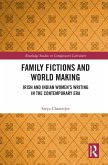- - Ulka Anjaria, Professor of English, Brandeis University, USA
'Bhattacharya has produced an illuminating and eloquent study of crisis and catastrophe in modern Indian fiction. The lens of 'catastrophic realism' opens up a range of important texts to sharp critical analysis and generates fine new understandings of authors from Rushdie and Mahasweta Devi to O.V Vijayan and Nabarun Bhattacharya. An essential companion for studies of the novel in India.'
- Dr Priyamvada Gopal, Faculty of English, University of Cambridge, UK
This book argues that modernity in postcolonial India has been synonymous with catastrophe and crisis. Focusing on the literary works of the 1943 Bengal Famine, the 1967-72 Naxalbari Movement, and the 1975-77 Indian Emergency, it shows that there is a long-term, colonially-engineered agrarian crisis enabling these catastrophic events. Novelists such as Bhabani Bhattacharya, Mahasweta Devi, Salman Rushdie, Rohinton Mistry, Nabarun Bhattacharya, and Nayantara Sahgal, among others, have captured the relationship between the long-term crisis and the catastrophic aspects of the events through different aesthetic modalities within realism, ranging from analytical-affective, critical realist, quest modes to apparently non-realist ones such as metafictional, urban fantastic, magical realist, and others. These realist modalities are together read here as postcolonial catastrophic realism.
Dieser Download kann aus rechtlichen Gründen nur mit Rechnungsadresse in A, B, BG, CY, CZ, D, DK, EW, E, FIN, F, GR, HR, H, IRL, I, LT, L, LR, M, NL, PL, P, R, S, SLO, SK ausgeliefert werden.

